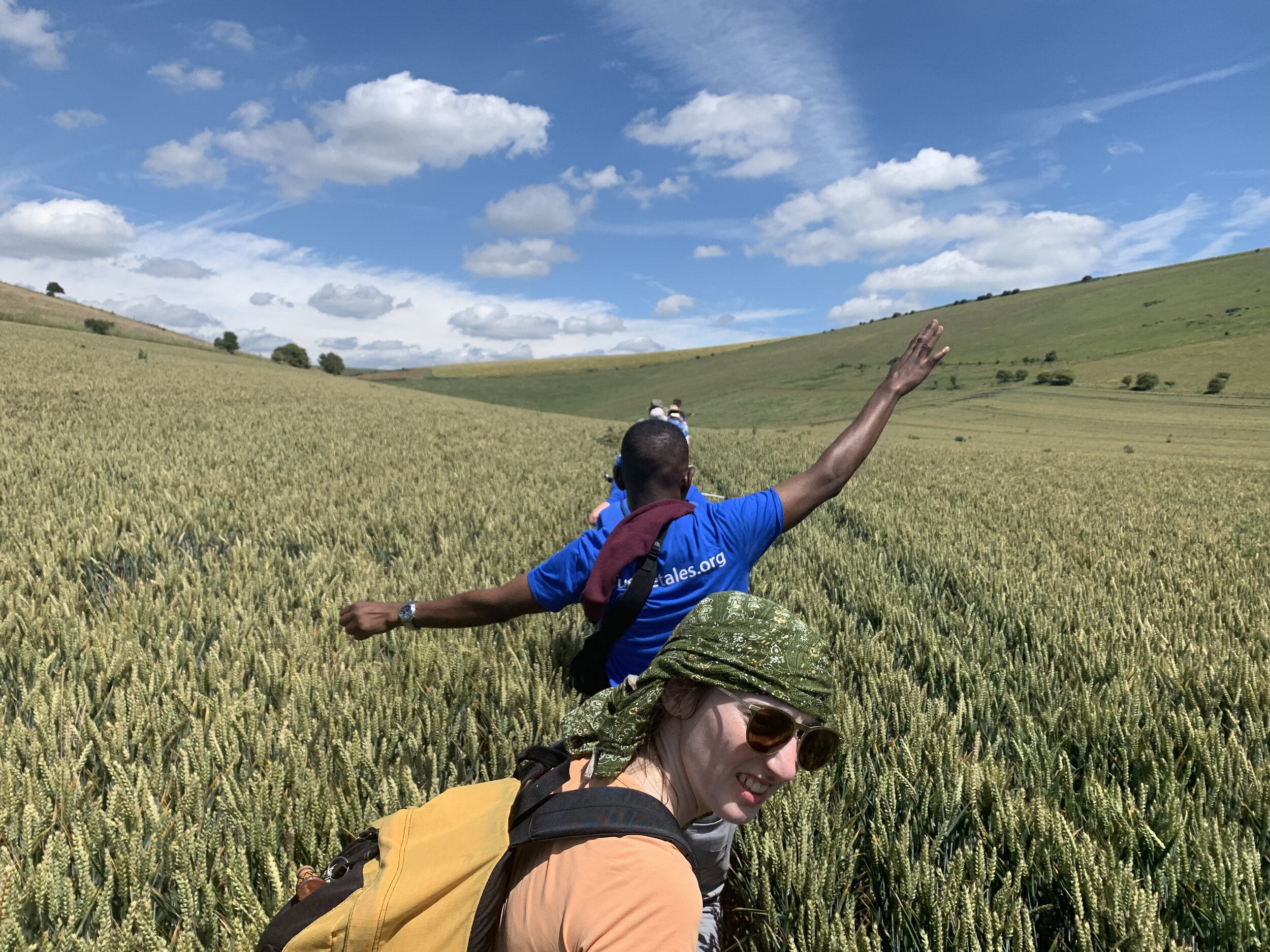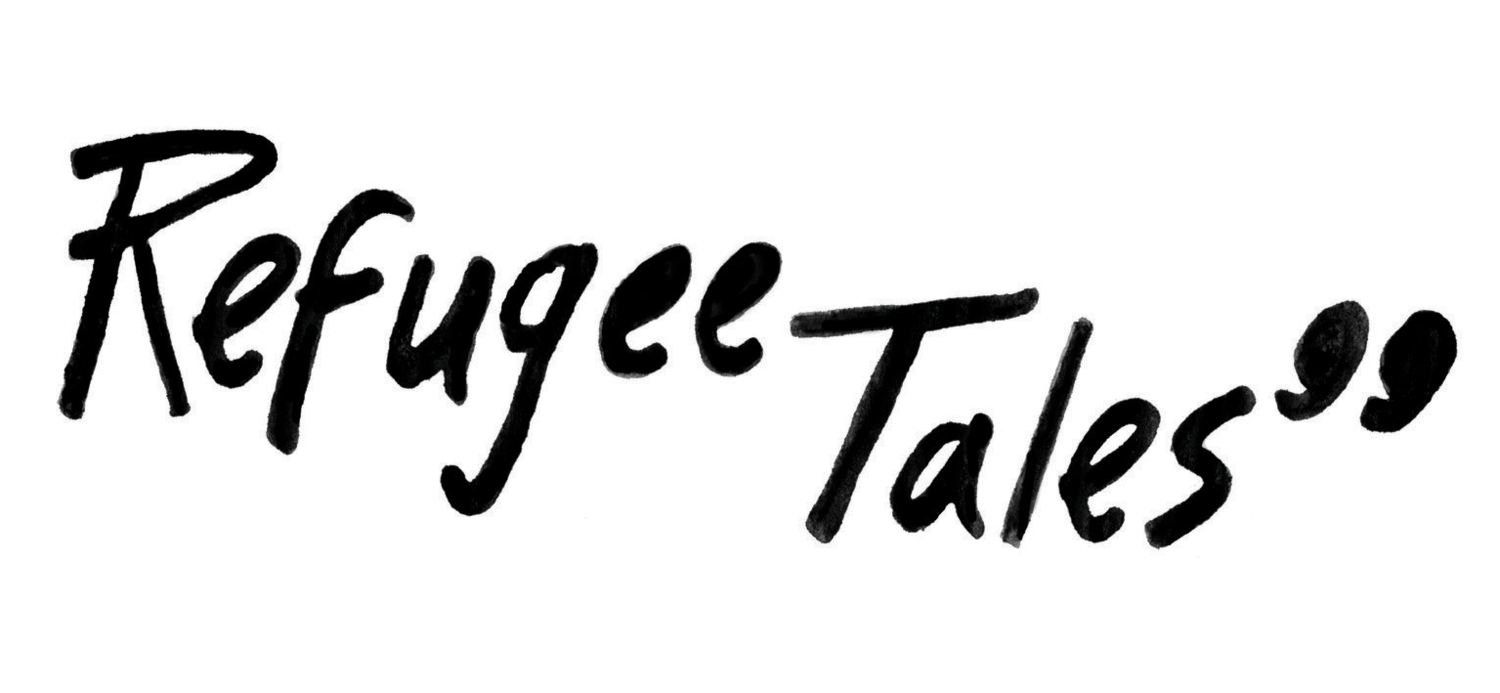
WALKING INQUIRY
Initiated in September 2020, Refugee Tales’ Walking Inquiry into Immigration Detention aims to complement and go beyond the current Public Inquiry into mistreatment at Brook House immigration removal centre.
A 2017 Panorama programme revealed mistreatment at Brook House, near Gatwick. A resulting Public Inquiry is underway, running throughout 2021 and into 2022. However, its scope is limited to what happened at Brook House between April and August 2017. Refugee Tales welcomes the Public Inquiry, but believes fundamental questions need to be addressed, by a wide constituency, concerning the nature of immigration detention and the abuses caused by indefinite detention. So we have initiated our own Walking Inquiry to complement the Brook House Public Inquiry.
Drawing on the solidarity of the Refugee Tales community, the Walking Inquiry is grounded in the lived experiences of people who have been detained, and the insights of volunteer visitors who visit people in immigration detention.
The Walking Inquiry has four phases:
Phase one: generating the questions
From September to December 2020, the Walking Inquiry used a series of shared events – walking (when possible), zoom gatherings and other online conversations – to arrive at the broad questions that need to be asked of indefinite detention:
• What is it like to be detained?
• How are people detained?
• What are the long-term impacts of detention?
• Why are people who have experienced detention not heard?
• How does detention damage society?
• What is our response?
Click here for the long list of questions generated.
Phase two: inviting contributions, deliberating the questions
In phase two of the Walking Inquiry, from January 2021 to January 2022, we invite contributions in response to these questions. Month by month we are building a body of evidence that details the reality and implications of detaining people indefinitely, through forms such as testimony, art and poetry.
Each month from January to June 2021 we considered one of the questions whilst walking (alone or in small groups) and through online events. To stimulate a broad range of responses to the questions being considered, we shared a series of powerful short films by people with lived experience of detention and by people with relevant expertise. We continue to welcome responses and contributions to the Walking Inquiry via the Join the Conversation boxes on this website.
The Walking Inquiry is deliberative: it builds on Refugee Tales’ history of walking, talking and sharing together. We value different voices and learning from others’ experiences and perspectives. We recognise that our own understanding is deepened by the process of listening and reflecting with others, and that walking often enables such deeper explorations. Although Covid-19 meant that we were unable to walk side-by-side as a whole group for much of the year, nevertheless we have created a range of ways for people to connect and deliberate on these questions together, even when physically apart.
Phase three: collating our findings
In phase three of the Walking Inquiry, from January to May 2022, we will collate then publish the Inquiry’s findings. The findings will consider indefinite immigration detention as a whole and its impacts. We start from the view that the abuses entailed by indefinite detention are systemic and not restricted to a given period or detention centre.
Phase four: sharing our findings
We will actively publicise our findings to wider audiences.
If you have any questions about the Walking Inquiry, please consult our FAQ (PDF) or contact us.



